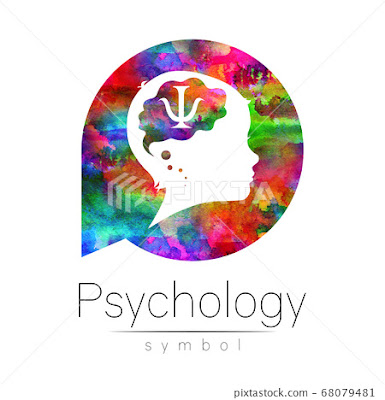(ITP-22) INTELLECTUAL DISABILITY
Abstract:
This article
provides an overview of intellectual disability, a neurodevelopmental disorder
characterized by limitations in intellectual functioning and adaptive behavior.
It covers the definition, diagnostic criteria, symptoms, and levels of
intellectual disability. Additionally, it highlights various support and
intervention approaches including education, therapy, and behavioral
strategies.
Introduction:
Intellectual disability is a neurodevelopmental
disorder characterized by limitations in intellectual functioning and adaptive
behavior. Individuals with intellectual disability experience difficulties in
areas such as learning, problem-solving, reasoning, and social skills. Intellectual
Disability (ID) is a neurodevelopmental disorder characterized by intellectual
functioning and adaptive behavior limitations.
Definition of Intellectual Disability:
Intellectual Disability
refers to significant limitations in intellectual functioning, such as
reasoning, problem-solving, and abstract thinking.
These limitations are
accompanied by deficits in adaptive behavior, which includes skills required
for independent functioning in daily life.
Criteria for Intellectual Disability:
The DSM-5 outlines three
criteria for diagnosing Intellectual Disability:
·
Deficits in intellectual
functioning:
IQ below 70-75.
·
Deficits in adaptive behavior:
Difficulty with everyday
social and practical skills.
·
Onset during the developmental
period:
Evidence of limitations
during childhood or adolescence
Symptoms of Intellectual Disability
·
Intellectual deficits: Difficulty
with problem-solving, abstract thinking, and learning new skills.
·
Language difficulties: Delayed
language development, limited vocabulary, and expressive and receptive language
skills challenges.
·
Memory problems: Difficulty
retaining and recalling information.
·
Social and emotional challenges:
Difficulty understanding social cues, forming relationships, and managing
emotions
Adaptive
behavior deficits: Difficulties
in areas such as:
·
Communication:
Challenges in expressing needs and understanding instructions.
·
Self-care: Problems with
activities like dressing, feeding, and personal hygiene.
·
Social skills:
Difficulty with peer interactions, and
understanding social norms.
·
School and work functioning: Struggles with academic tasks and job-related
skills.
Intellectual Disability Levels
The DSM-5 classifies intellectual disabilities
based on the severity of cognitive impairments and adaptive functioning.
·
Mild Intellectual Disability
·
Moderate Intellectual Disability
·
Severe Intellectual Disability
·
Profound Intellectual Disability
Support
and Interventions/Educational Approaches
Interventions and support
for individuals with Intellectual Disabilities may include:
·
Educational interventions: Individualized educational plans, special education services, and
targeted skill- programs.
·
Speech and language therapy: To improve communication skills.
·
Occupational therapy: To enhance
self-care and motor skills.
·
Behavioral interventions: Strategies to
address challenging behaviors and promote adaptive skills
·
Physical Therapy: The aim of physical therapy
is to relieve pain, help you move better or strengthen weakened muscles.
·
Family Therapy: Family therapy
is a type of psychological counseling (psychotherapy) that can help family
members improve communication and resolve conflicts
·
Cognitive Behavioral Therapy (CBT): Cognitive behavioral therapy (CBT) is a talking therapy that can help
you manage your problems by changing the way you think and behave.
·
Social Skills Training: aims to enhance interpersonal communication, develop social interaction
abilities, and improve adaptive behaviors for better social functioning.
·
Individualized Education Program (IEP): A personalized plan outlining specific goals, accommodations,
and services for students with disabilities to support their educational needs.
o
Applied Behavior Analysis (ABA):is a behavioral intervention approach that uses
positive reinforcement and systematic teaching methods to modify behaviors and
promote learning
Conclusion: In summary, this article provides an overview of intellectual disability, covering its definition, diagnostic criteria, symptoms, levels, and support approaches. It emphasizes the importance of educational interventions, therapy, and behavioral strategies in addressing the challenges faced by individuals with intellectual disabilities. By implementing personalized plans and utilizing various interventions, individuals with intellectual disabilities can improve their adaptive skills and overall functioning.




